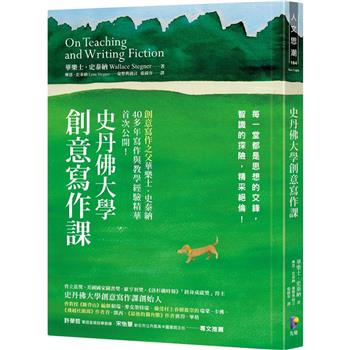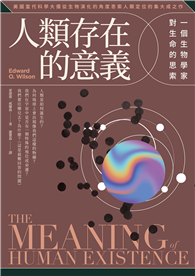WORKERS EDUCATION IN ENGLAND AND THE UNITED STATES WORKERS 5 EDUCATION IN ENGLAND THE UrniED STATES BT MARGARET T. HODGEN LONDON KEGAN PAUL, TRENCH, TRUBNER CO, LTD. NEW YORK E. P. DUTTON CO. 1925 God said I am tired of fangs, I suffer them no more, Up to my ear the morning brings The outrage of the poor, I will have never a noble, No lineage counted great, Fishers, choppers and ploughmen Shall constitute a state PREFACE IT is now five years since the first paragraphs of this book were written. The task seemed an easy one then. Labour Colleges were new and few. Their objectives were well defined, their future clearly indicated in glow ing editorials. The best part of it all to a modern in a hurry to examine, describe and pass on to something else, was the fact that Workers Education seemed to have burst fully grown upon a waiting world, uncom plicated by a bothersome period of youth and delight fully free of educational antecedents, difficult to trace and to value. It was not until an effort was made to press the study beyond contemporary manifestations of working-class demand for education that real obstacles were encountered. Of course, it is hardly fitting for a research worker to complain of poverty of material. His job is to find it anyhow. Hoping, however, that a word to those who have lived and worked in the labour movement may be sufficient, the author would like to mourn the absence of working-class biography. By whom could richer and more significant human records have been kept What lives have been more dramatic than those of the men who have led and followed the fortunes of trade unionism But cave-men who carved their annals in solid rock have told us more about themselves than generations of silent workers. Labour and labour leaders have a certain biographical responsibility to the future. The English have begun to realize it. Perhaps Americans will soon. In the absence of such documentary evidence as only the workers themselves could have supplied, recourse viii PREFACE has been taken to other sources where the difficulty of separating fact from conjecture has been great. This serious embarrassment to accurate interpretation of labours educational development has been increased by the fact that with every crystallization of the labour movement in the nineteenth century, the educational need perceived by those actually involved has altered. In the beginning the ability to read and write seemed to the poor to be sufficient. To-day, a mental grasp of complex economic and political principles must be com bined with the ability to meet and deal with the keenest minds in government and industry. The following pages will endeavour to show that with every change on the economic or political horizon, the educational motives and methods of the working class have changed. The only constant among many variables has been working-class demand for know ledge and a certain tendency on its part, first, to trust education only when administered by itself, second, to frame the content of education toward ultimate working class control of government and industry. In order to obtain an idea of the two competing forces in society operating on the one hand to exclude the workers from education, and on the other, to give them access to all the treasures of learning, an effort has been made to compare the educational motives of different classes. The discussion will accordingly follow two threads, the first of which will be a simple enumeration in chronological sequence of the educa tional enterprises founded for or by adult working men the second, an interpretation of the motives animating founders. For the purpose of visualizing the problem, the history and interpretation of Workers Education may be regarded, at least in England, as a pyramid of three time levels...
| FindBook |
有 1 項符合
Workers Education In The England & The United States的圖書 |
 |
Workers Education In The England & The United States 作者:Hodgen 出版社:Lee Press 出版日期:2007-03-15 語言:英文 規格:平裝 / 332頁 / 21.59 x 13.97 x 1.88 cm / 普通級/ 初版 |
| 圖書館借閱 |
| 國家圖書館 | 全國圖書書目資訊網 | 國立公共資訊圖書館 | 電子書服務平台 | MetaCat 跨館整合查詢 |
| 臺北市立圖書館 | 新北市立圖書館 | 基隆市公共圖書館 | 桃園市立圖書館 | 新竹縣公共圖書館 |
| 苗栗縣立圖書館 | 臺中市立圖書館 | 彰化縣公共圖書館 | 南投縣文化局 | 雲林縣公共圖書館 |
| 嘉義縣圖書館 | 臺南市立圖書館 | 高雄市立圖書館 | 屏東縣公共圖書館 | 宜蘭縣公共圖書館 |
| 花蓮縣文化局 | 臺東縣文化處 |
|
|
圖書介紹 - 資料來源:博客來 評分:
圖書名稱:Workers Education In The England & The United States
|










